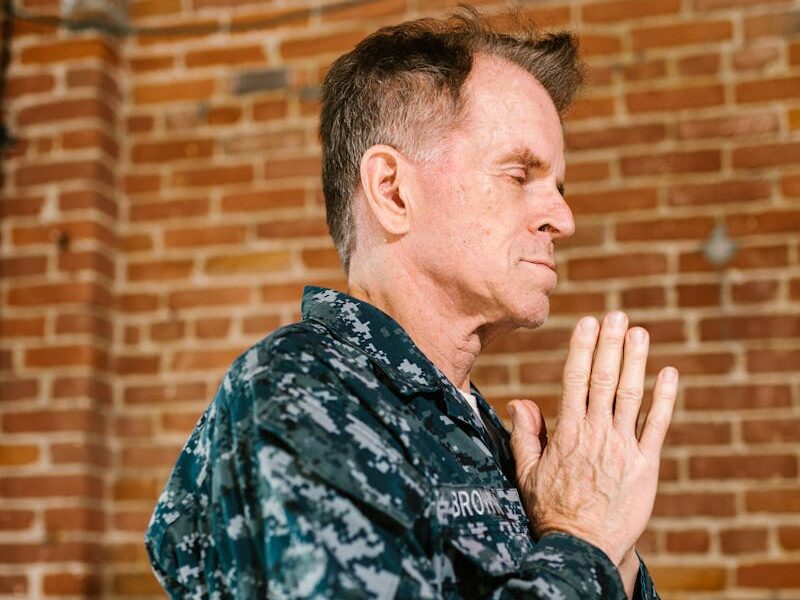
Nobody really tells you what serving in the military actually feels like beyond the obvious stuff. You expect the hard parts — discipline and early mornings. But there are dozens of smaller things that catch you off guard. Things that change how you see the world and yourself. Here’s what nobody mentions until you’re already there.
You forget what it’s like to choose small things.

Someone else picks when you wake up, what you wear, and where you go. It sounds simple, but after a few months, you realize how much of your old life was built on tiny decisions. What to eat for breakfast, or which route to take home. Those disappear and you don’t notice right away. Then one day, you realise your brain isn’t accustomed to making choices anymore.
Time moves in a weird way.

Days feel long, but weeks vanish. You’ll be counting hours until something ends, and then suddenly three months have passed, and you can’t remember half of it. It’s not like normal life, where time just flows steadily. Everything stretches and compresses depending on the activity. A deployment can feel like a year has passed, yet it also feels like it just started. The clock on the wall doesn’t match what your head thinks.
Mail becomes the most important part of your day.

You’ll watch for the mail delivery like it’s the only thing happening in the world. A letter from home or a package with nothing special inside can completely change your mood. People don’t write letters as often anymore, but in the military, they still hold significant meaning. You’ll keep them in your locker and reread them when things get hard. Even junk mail starts to feel like a connection to something normal.
Your sleep never really goes back to normal.

Even years later, you’ll wake up at odd hours. Your body learned to sleep in short bursts or stay alert when it should be resting. It becomes part of you. Some people sleep through anything after the military, and others can’t sleep at all without checking the room first. You’ll find yourself waking up at five in the morning on a Saturday for no reason and just lying there.
Silence starts to feel uncomfortable.

There’s always noise in the military. Engines keep running, people keep on talking, and equipment keeps moving around. When you finally find a quiet spot, it doesn’t feel peaceful. It feels wrong. You’ll find yourself turning on a fan or the TV just to have some background sound. Complete silence makes you more alert than relaxed. It’s like your brain thinks something’s missing when everything goes still.
You forget what normal food tastes like.

Everything starts to taste the same after a while. Not bad necessarily, but just flat. You’ll eat the same meals on rotation until you stop noticing what you’re eating. When you get home and someone cooks a real dinner, it almost doesn’t taste right because it’s too flavorful. Your taste buds adjusted to institutional food, and they need time to remember what seasoning is supposed to do.
Civilian conversations feel like a different language.
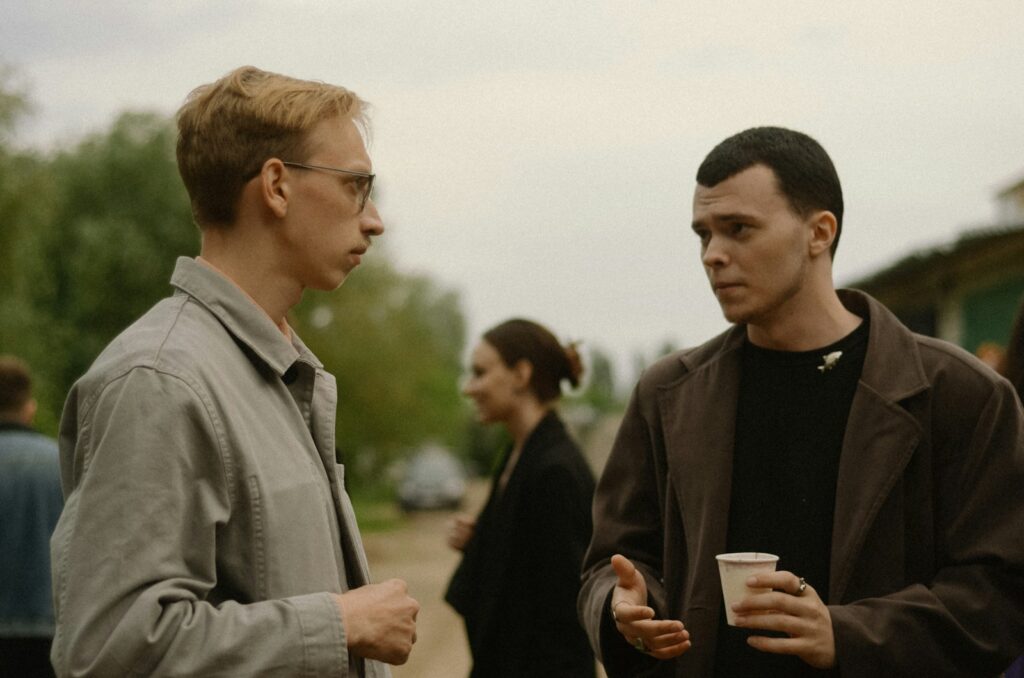
People talk about things that seem completely unimportant. Their complaints sound trivial, and their excitement sounds overblown. You don’t mean to judge, but you can’t help it. Someone will be upset about their coffee order being wrong, and you’ll just stare at them. It’s not that their problems don’t matter, but your scale changed. Small stuff doesn’t register the same way anymore.
Your internal clock runs on a different schedule.

You’ll often find yourself thinking in military time without even realizing it—eighteen hundred instead of six pm. Your body still expects certain things to happen at certain times, even when you’re not in that world anymore. Lunch at eleven thirty. Dinner at seventeen hundred. It becomes ingrained in you and stays with you. You’ll show up early to everything because being on time now means being fifteen minutes early.
Small comforts become huge deals.
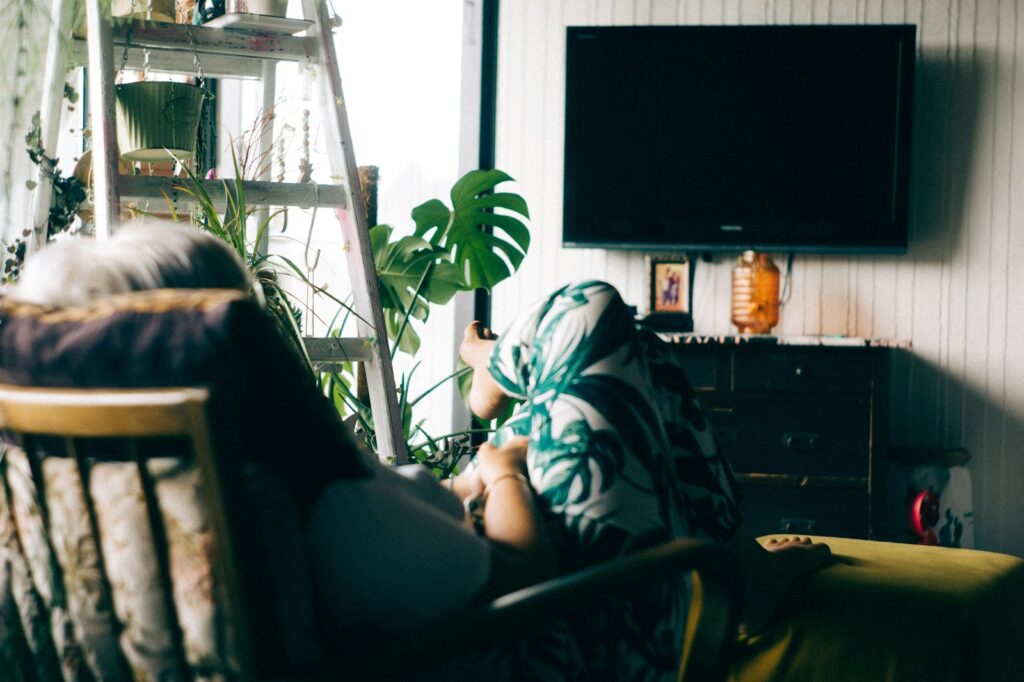
A hot shower, a comfortable chair, or a few minutes alone. Things you never thought about before become these incredible moments. You’ll appreciate weird stuff like a clean towel or a decent pillow. It changes what you think matters. After the military, you’ll notice how much people take for granted. A bed with actual sheets. A door that locks. Little things that feel enormous when you haven’t had them.
You get really good at waiting.
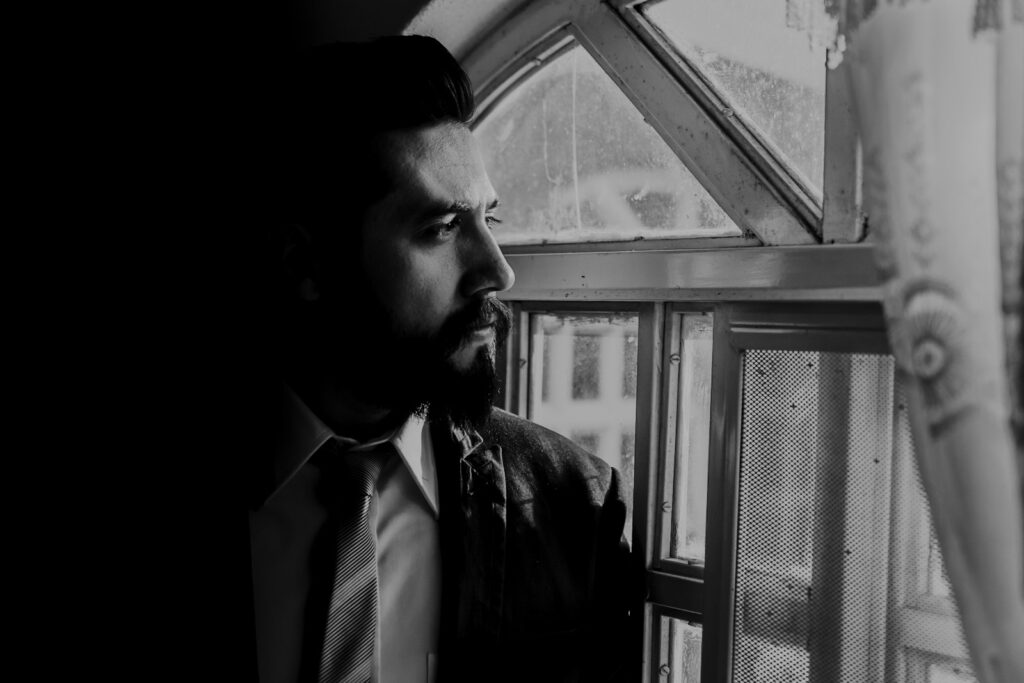
Hurry up and wait becomes your entire existence. You’ll stand around for hours doing nothing, and then suddenly rush to do everything at once. It teaches you patience, but not the peaceful kind; rather, it’s a resigned patience. You learn to turn off part of your brain and just exist in empty time. It’s a skill nobody asks for but everyone develops.
Saying goodbye stops getting easier.
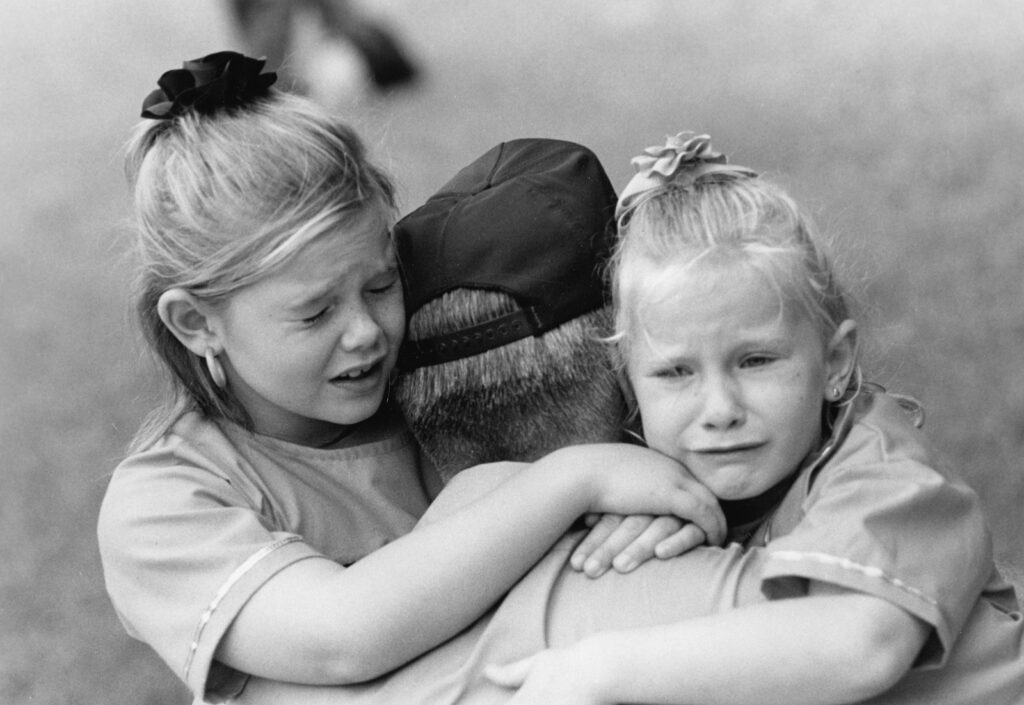
You’d think you’d get used to it, but you don’t. Every time someone leaves or you leave, it hits the same way. People cycle through, and you make friends quickly, only to lose them just as fast. You’ll promise to stay in touch, and sometimes you do, but usually you don’t. It’s not that you don’t care, but life moves everyone in different directions. The goodbyes pile up, and they all stick with you.
The coffee tastes different at every base.

It’s always bad, but it’s bad in different ways. In some places, it tastes burnt, and in others, it tastes like water with brown food coloring. You’ll drink it anyway because it’s there, it’s warm, and it gives you something to do with your hands during a break. The coffee pot becomes a gathering spot. You’ll remember places by how their coffee tasted more than you’d expect.
You stop trying to explain things to people.

After a while, you realize most people don’t really want to know what it was like. They ask because it seems polite, but they don’t want real answers. So you give them the simple version and move on. It’s easier than trying to describe something that doesn’t translate into normal conversation. You’ll have whole parts of your life that just stay quiet because explaining takes too much energy.
Weather matters in ways it didn’t before.
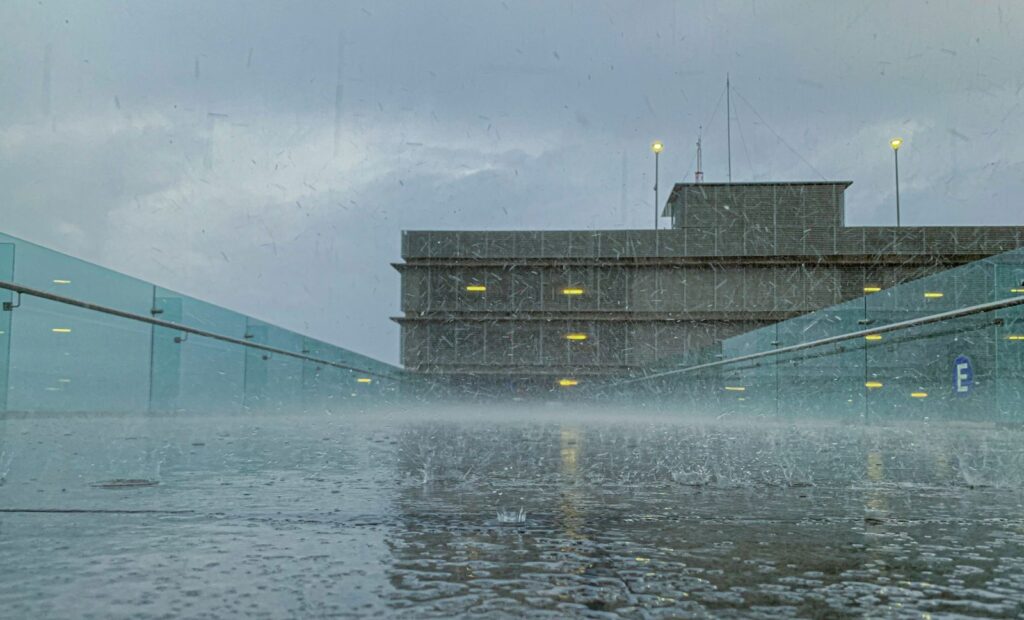
Rain means something different when you’re outside in it for hours. Heat becomes a real problem, not just an inconvenience. You’ll check the weather obsessively because it affects everything you do. Cold isn’t just cold anymore. It’s a tactical consideration. You’ll never look at a forecast the same way. Even after you’re out, you’ll think about the weather differently than people who never served.
Coming home doesn’t feel like coming home
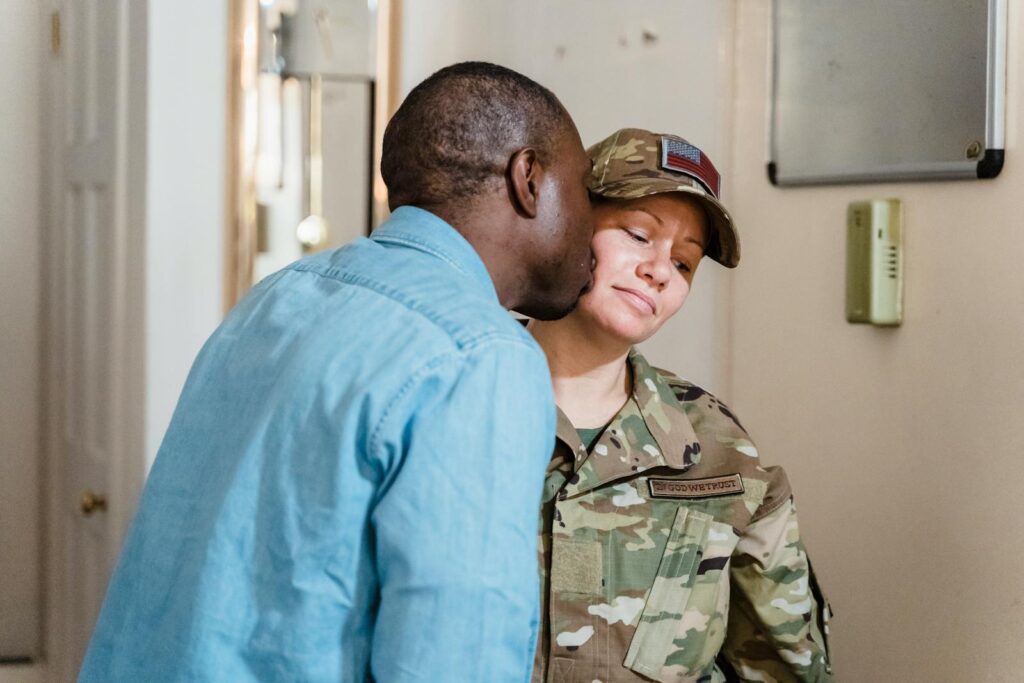
You expect it to feel right, but it doesn’t. Everything looks the same, but you’re different, and that makes everything feel off. Your old room feels like it belongs to someone else. Conversations with family have this gap in them that wasn’t there before. It takes time to fit back into a place that’s supposed to be yours. Some people readjust fast, and others never quite do. The place didn’t change, but you did, and that’s the hard part.

